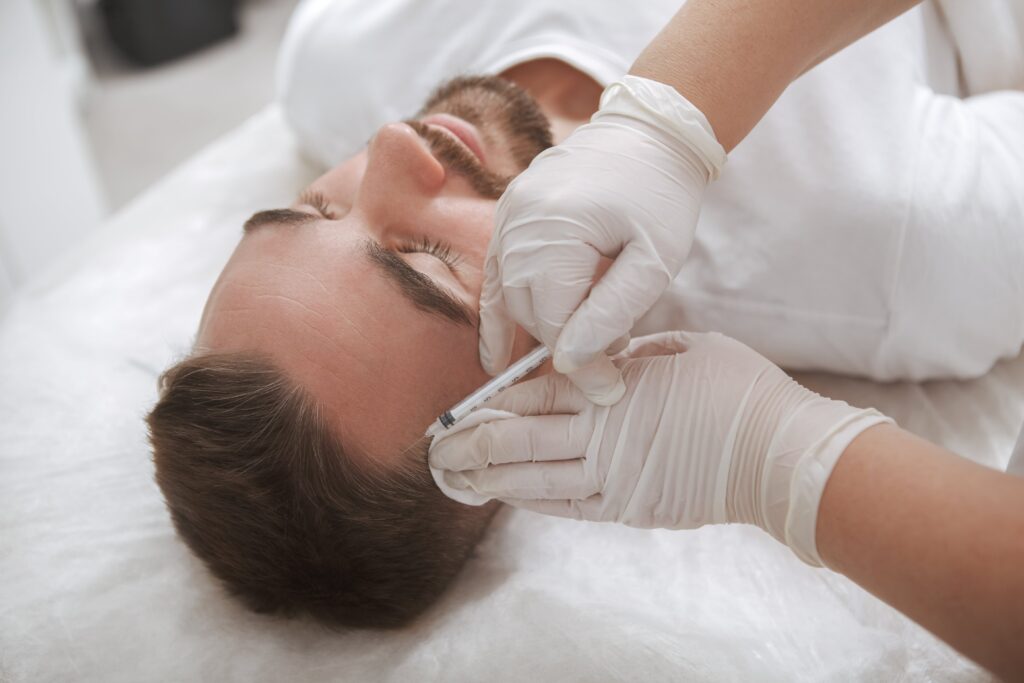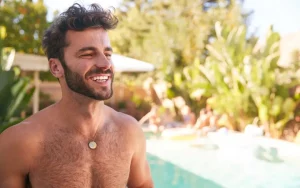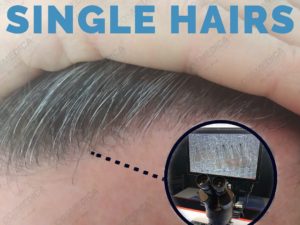The Menace Called Hair Loss
Cosmedica – Dr. Acar, a leading hair treatment clinic is keen on helping people overcome hair loss symptoms and factors like depression that lead to hair loss. Here are important details about how depression causes hair loss and treatment procedures to adopt in the cure for hair loss depression.
Common types of Hair Loss among Men and Women

Generally, the American Academy of Dermatology recognizes the following as the most common types of hairline recession.
The Link between Depression and Hair Loss
Treatment Procedure to cure Hair Loss Depression

If you continue to lose hair, you may consider undergoing a hair transplant. A hair transplant involves taking hair from a donor area on the body and implanting it on scalp areas where hair has fallen off. Hair transplant is a common treatment procedure at Cosmedica and it is recommended as a permanent solution to hair loss, especially those caused by depression or hereditary factors.
Final Thoughts on Hair Loss Depression
While there are several medication options to cure hair loss depression, not all forms of treatment are advisable due to the side effects that come with them. That’s why you require a health professional to walk you through recovery. Thankfully, Cosmedica does just that. Contact us today to get access to top-quality treatment that will improve your health growth.




